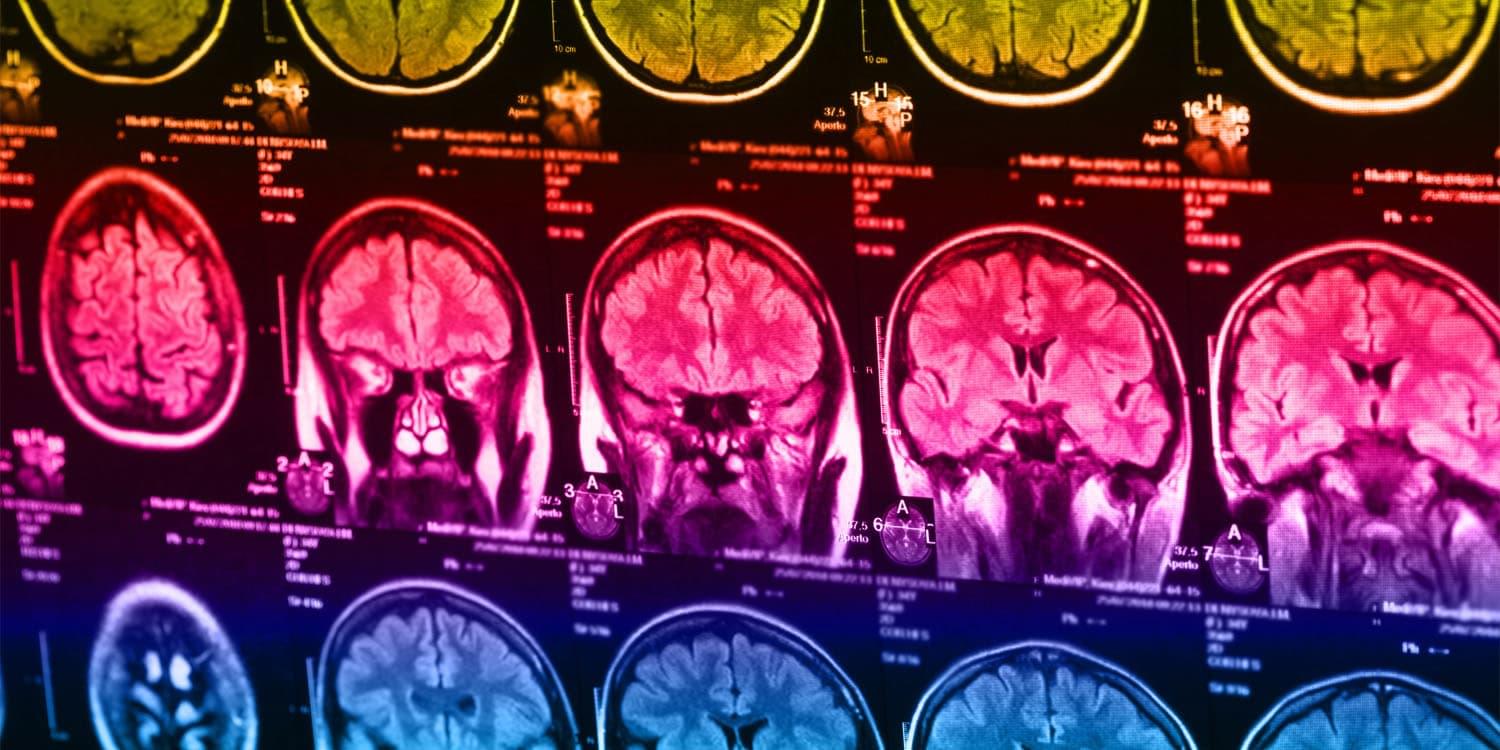Participants underwent fMRI while completing a monetary incentive delay task. This task is commonly used to assess reward system activation, as it separates the anticipation of a reward from the receipt of the reward. During the task, participants viewed visual cues signaling whether they could win money or not. They were then required to press a button quickly in response to a target, with feedback indicating whether they had succeeded in earning the reward.
The study focused on two key brain regions: the ventral striatum, which is involved in reward anticipation, and the orbitofrontal cortex, which processes reward outcomes. Psychological resilience was measured using the Connor-Davidson Resilience Scale, while PTSD severity was assessed with the Clinician-Administered PTSD Scale. Metabolic syndrome was diagnosed based on established clinical criteria, including elevated blood pressure, abnormal cholesterol or triglyceride levels, elevated blood sugar, and increased waist circumference.
The researchers observed distinct patterns of reward system activation in individuals with PTSD, influenced by the severity of depressive symptoms. Among PTSD participants with lower depression severity, activation in the ventral striatum during reward anticipation was reduced, while activation in the orbitofrontal cortex during reward outcomes was heightened.
